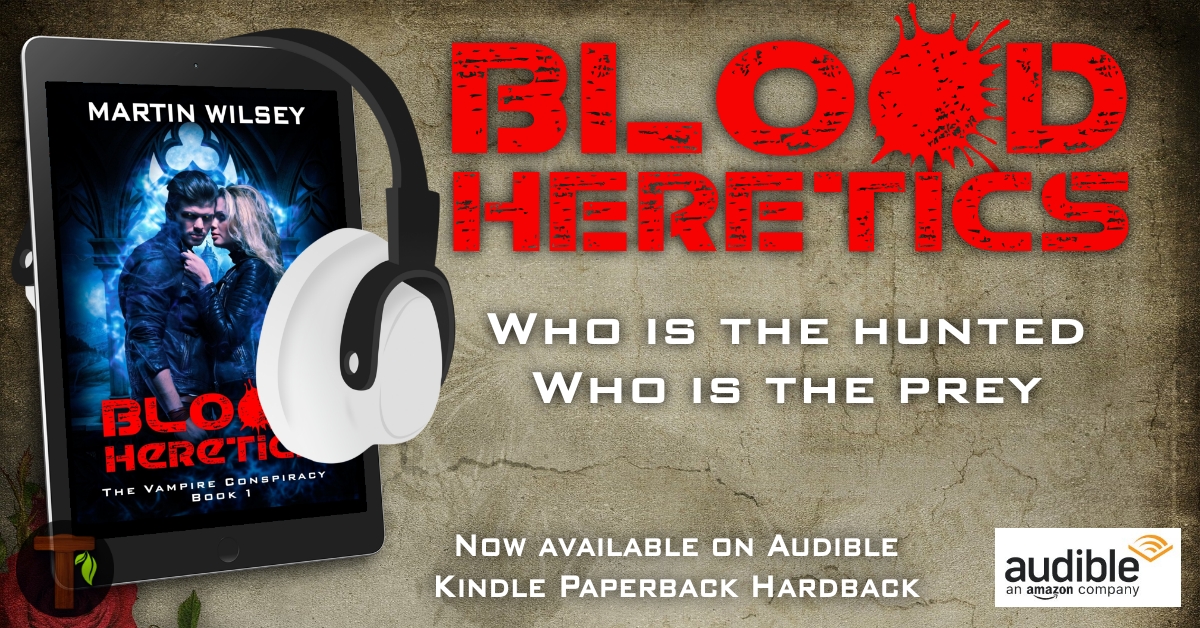Once you have your idea, it's helpful to outline your novel to give yourself a roadmap to follow as you write. This can include creating character profiles, plotting out key events, and establishing the overall structure of your story.
When it comes to actually writing your novel, consistency is key. Set aside dedicated time each day or week to work on your manuscript, even if it's just for a short period. This will help you stay focused and make progress on your novel.
Don't be afraid to let your creativity flow and explore different ideas as you write. Writing a novel for fun should be an enjoyable experience, so allow yourself to experiment and take risks with your storytelling.
Remember, writing a novel is a process, and it's okay to make mistakes along the way. Editing and revising your work is an important part of the writing process, so don't be afraid to go back and make changes to improve your story.
Overall, writing a novel for fun is a wonderful way to express yourself and unleash your imagination. Enjoy the journey, and have fun bringing your story to life!
























